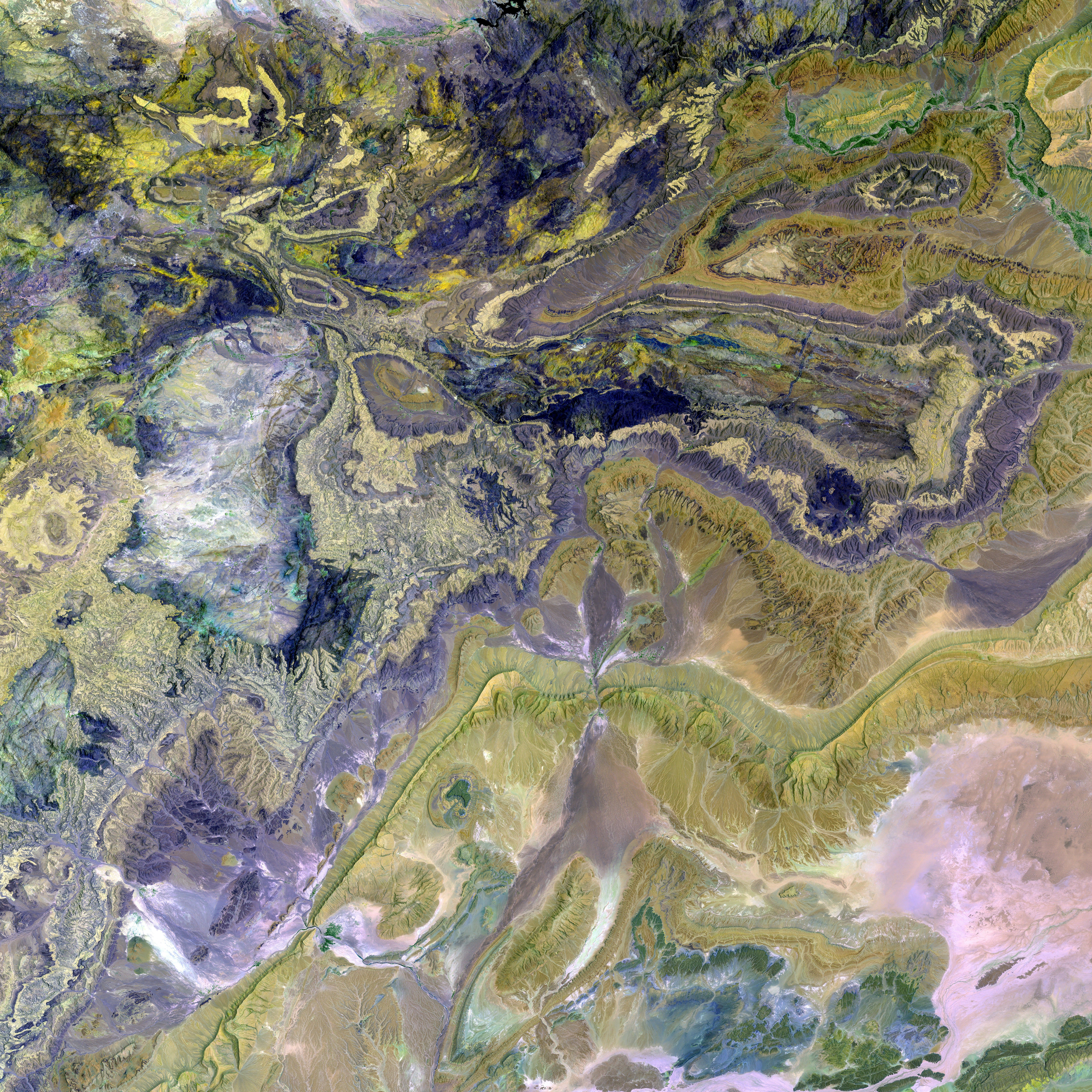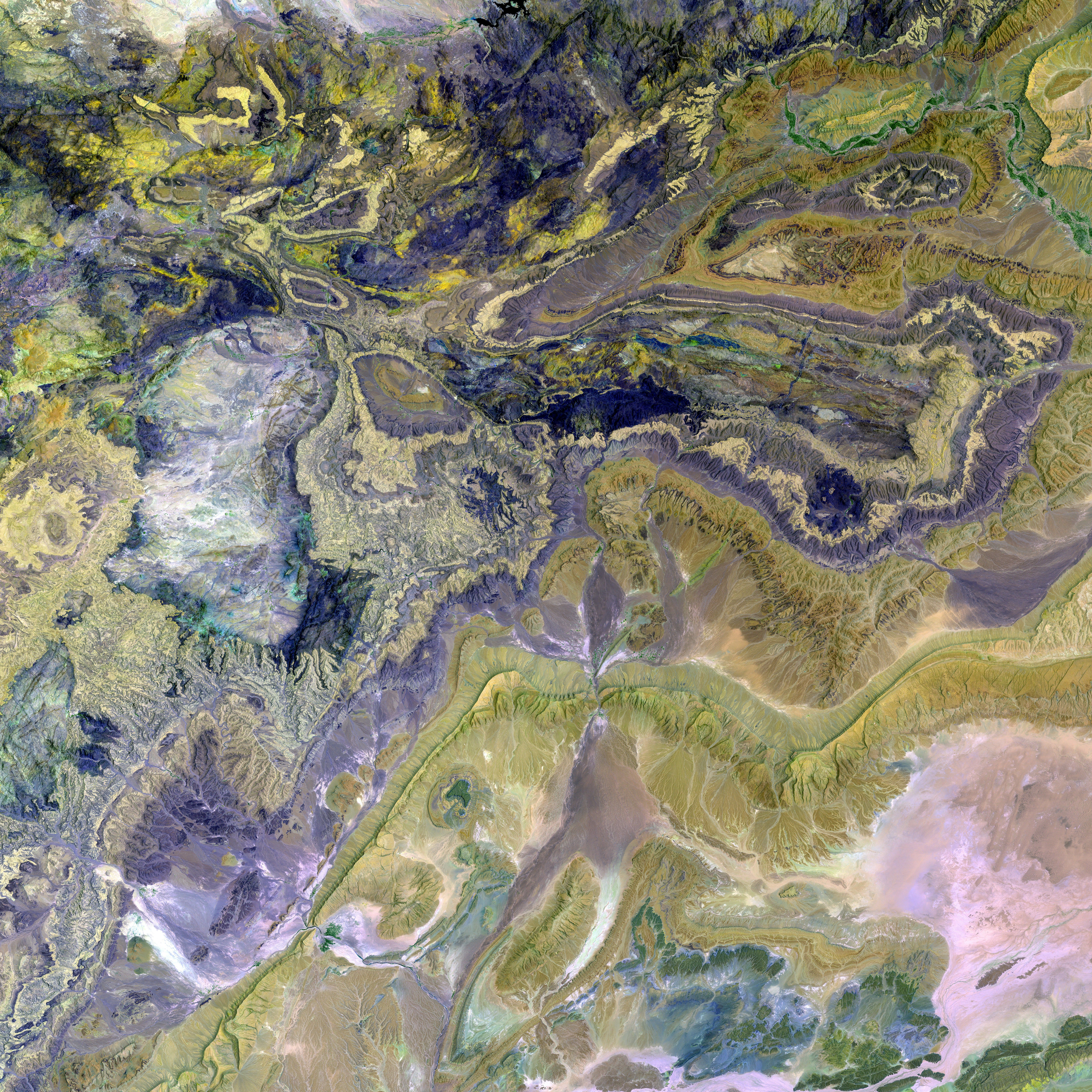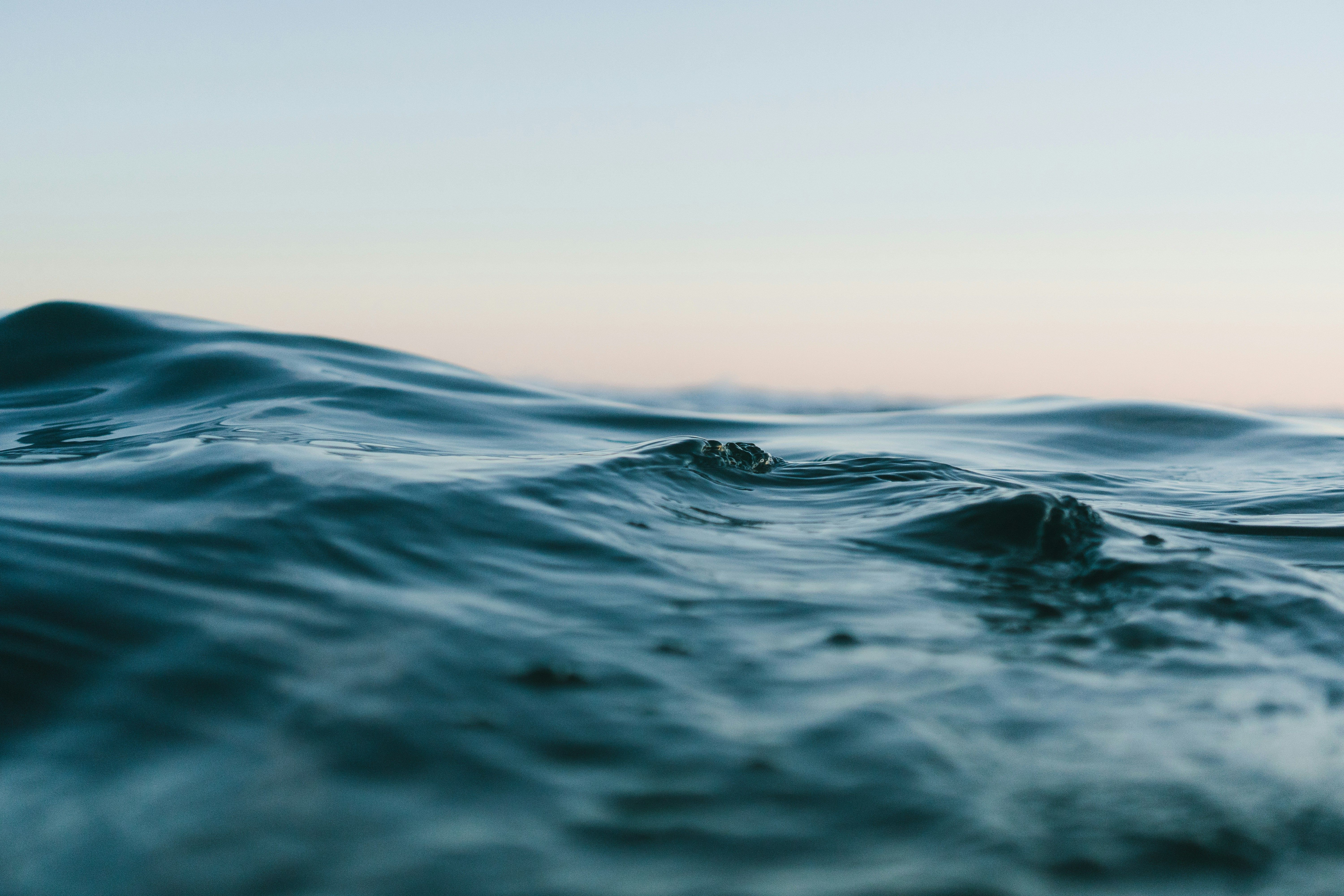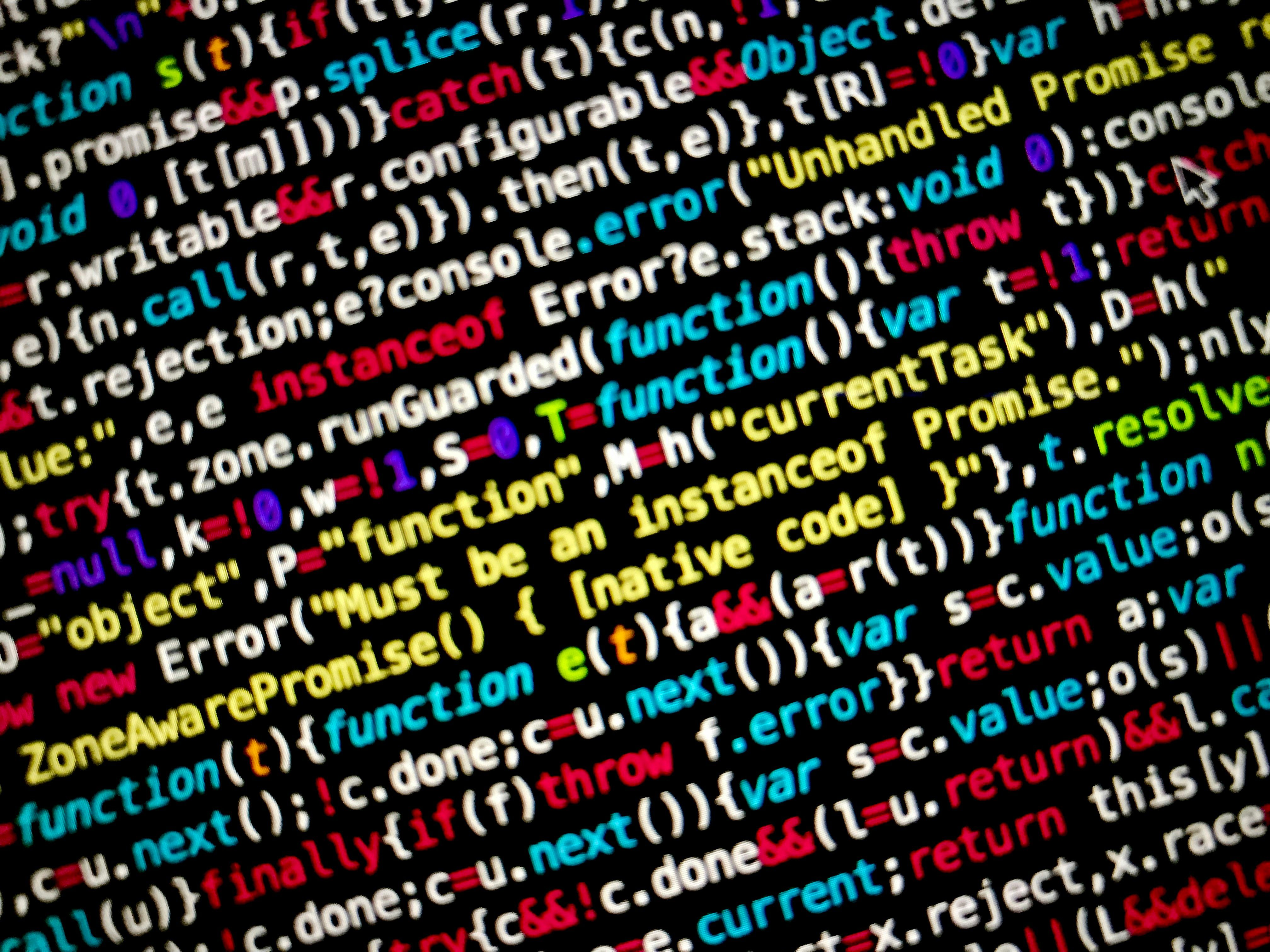Exists Any Cognitive Enhancer Specifically Designed for Sculptors, Artists, and Visual Creators?
In the expansive domain of cognitive enhancement, a growing conversation centers around nootropics – substances that are purported to augment cognitive abilities, including memory, focus, and creativity, particularly in creative fields. While the spotlight commonly falls on their potential to boost memory or concentration, there's a burgeoning interest in the ways these substances could bolster artists' creative processes.
The Fundamentals of Nootropics
Nootropics, often referred to as "smart drugs," are substances believed to optimize cognitive performance. The term is derived from the Greek words "nous," meaning mind, and "trepein," meaning to turn or bend, signifying their intended purpose of tweaking mental faculties. They can be either natural or synthetically created to target brain function.
Classification of Nootropics
Nootropics can be categorized as follows:
- Prescription Nootropics: these medications are prescribed by doctors for conditions like ADHD or narcolepsy. Examples include Adderall and Modafinil.
- Over-the-Counter (OTC) Nootropics: available without a prescription, these supplements are often composed of vitamins, minerals, or herbs. Examples include Ginkgo Biloba and Omega-3 fatty acids.
- Synthetic Nootropics: artificial compounds like Piracetam are engineered to fortify brain health and function.
Creative Brain Connectivity
In the visual arts world, creativity is not just a preference, but a necessity. The creative process relies on several parts of the brain working harmoniously. This involves effective communication between various brain areas, enabling artists to develop fresh ideas spontaneously.
The Phenomenon of Flow State
Many artists aspire to reach a "flow state," characterized by complete immersion in their work without a sense of time passing. This heightened state of focus and enjoyment is accompanied by increased levels of dopamine, which enhances concentration and mood.
Nootropics' Potential for Artists
As artists persistently strive to improve their craft, can nootropics provide any genuine benefits? Here's a breakdown:
- Enhanced Focus: Some nootropics may improve attention, aiding artists in maintaining focus during lengthy creative sessions, thereby simplifying distractions.
- Boosted Creativity: There is hopeful speculation that nootropics could facilitate the creation of new neural pathways, leading to more innovative thought processes. Supplements like Lion’s Mane Mushroom or L-theanine are suggested to encourage neural growth and enhance mood, indirectly influencing creative output.
- Improved Mood: An artist's emotional state significantly impacts their creative process. Nootropics that enhance mood, such as Rhodiola Rosea, could potentially help artists maintain motivation and remain inspired.
Prevalent Nootropics for Creativity
Although research continues to evolve, several nootropics are gaining traction among creative individuals:
- Caffeine with L-theanine: ideal for kick-starting the morning, this combination allows for improved attention while promoting relaxation without inducing the jitters associated with caffeine alone.
- Lion's Mane Mushroom: esteemed for its neuroprotective qualities, it may foster nerve growth and long-term cognitive health, supporting the brain's adaptability.
- Creatine: often associated with bodybuilding, creatine also offers cognitive benefits, such as memory and reasoning improvements, which might assist artists with conceptualizing new work.
- Ginkgo Biloba: a long-standing supplement, Ginkgo Biloba has been used to enhance memory and promote better brain circulation. This could result in more resources available for creative endeavors.
Precautions Before Trying Nootropics
Before incorporating nootropics into an artist's routine, consider the following points:
- Consult with a healthcare provider: always consult a medical professional before embarking on a new supplement regimen, especially when taking other medications or managing underlying health issues.
- Monitor effects and dosages: keep a journal documenting different nootropics' impact on creativity and overall wellbeing. This practice can help identify beneficial supplements and ensure safe usage.
- Acknowledge that "natural" isn't always better: although many nootropics originate from natural sources, side effects can still occur. Research each new supplement thoroughly to understand both its short-term and potential long-term effects.
Crafting a tailored Plan
Integrating nootropics into an artist's routine should be viewed as a personal endeavor. Artists must approach this facet of their health with curiosity and caution, developing a strategy that aligns with their unique health requirements and creative aspirations. This exploration may uncover a unique combination that aligns harmoniously with the artistic practice, leading to enhanced creativity and satisfaction.
The relationship between nootropics and brain health is vast and varied. As artists search for tools to foster their creative ventures, staying informed and open-minded to innovative strategies, including nootropics, can be helpful. Whether a sculptor, painter, or other visual artist, nurturing both mind and creativity through discerning choices can lead to more fulfilling artistic experiences.
- Nootropics are substances believed to optimize cognitive performance, derived from the Greek words "nous," meaning mind, and "trepein," meaning to turn or bend, signifying their intended purpose of tweaking mental faculties.
- Nootropics can be categorized as prescription, over-the-counter (OTC), and synthetic, each with unique compositions aimed to target different aspects of brain health and function.
- In the visual arts world, creativity relies on several parts of the brain working harmoniously, which involves effective communication between various brain areas, enabling artists to develop fresh ideas spontaneously.
- Reaching a "flow state" - characterized by complete immersion in work and increased levels of dopamine - is a sought-after phenomenon among artists, as it enhances concentration and mood.
- Nootropics may offer artists enhanced focus, boosted creativity, and improved mood, all of which could contribute to their creative output.
- Popular nootropics for creativity include caffeine with L-theanine, Lion's Mane Mushroom, creatine, and Ginkgo Biloba, each with their own unique benefits for cognitive performance and brain health.
- Before incorporating nootropics into an artist's routine, it's essential to consult with a healthcare provider, monitor effects and dosages, and research each supplement thoroughly to understand potential short- and long-term effects.
- Artists should approach the integration of nootropics into their routine as a personal endeavor, developing a strategy that aligns with their unique health requirements and creative aspirations.
- A tailored plan that considers an artist's individual health and creative goals can lead to enhanced creativity and overall satisfaction in their artistic practice.
- The potential benefits of nootropics for creativity, combined with a healthy lifestyle that emphasizes nutritious eating, fitness and exercise, mental health, and science-backed practices, can contribute to more fulfilling artistic experiences.
- As the conversation around cognitive enhancement evolves, artists may find valuable tools for nurturing their creative ventures in the form of nootropics and other health and wellness practices.








